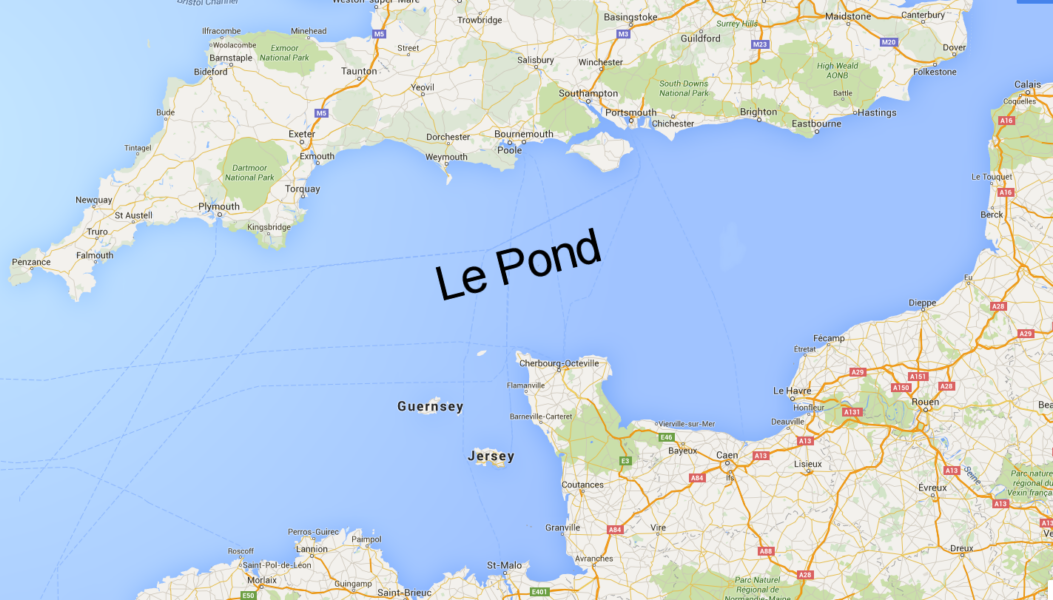All this talk of the UK referendum and Brexit is bringing back old stories about the EU peddled by the British press. We’ve all heard the stories about Brussels banning bendy bananas or curvy cucumbers. But there are many more euro-tales from the UK papers. Some include: “European MEPs cost £1.79m a year each – three times as much as MPs” and “How Eurocrats want to spend £1.1m changing the English Channel’s name to ‘Le Pond’”.
While it would be hilarious if the English Channel were renamed ‘Le Pond’, it’s unfortunately not true. Most of these stories are concocted or twisted by journalists. A lack of clear and easily accessible facts about the EU often makes it easy for journalists to create interesting, if inaccurate stories about EU regulations which are typically rather dull. Many of these ‘horror stories’ refer to how EU money is spent on ludicrous projects or wasted, like spending over a million pounds on renaming the Channel.
Spurious stories about the EU budget in particular are often hard to prove or disprove. It’s difficult for the average person, untrained in navigating the maze of EU documents and websites, to trace how EU money is spent.
The EU budget is huge at €155 billion for 2016, and it affects us all. EU money pays for schools, hospitals, the Erasmus student exchange, films, wine, fish, aid, and science programmes. A lack of transparency around European, national and local budgets leads to miss information, a lack of accountability and in some cases fraud or even corruption.
That’s why we at Transparency International EU are working with a consortium of journalists, academics and activists across Europe to bring about a new platform to make public funds more transparent. OpenBudgets.eu will provide an overview of public spending as well as the tools, advice and knowledge on how to bring about fiscal transparency at the local, national and EU levels.
It’s not just for ordinary citizens and journalists to separate fact from fiction around the EU budget. Members of the European Parliament (MEPs) tend to be busy people. Overworked and understaffed they usually find it difficult to balance their work on committees, with their time representing constituents. It’s not easy for them either to trawl through EU documents, especially financial ones.
So we asked a bunch of MEPs and Parliament staff their views on how greater budget transparency could help them in their day-to-day work. They told us that transparency of data was vital but they also needed context. A way of seeing how much is spent where in the bigger picture.
What they want from budget transparency is for the information they receive to tell a story. MEPs need to see how much is spent on what and have that comparable with other audit and activity reports. They want to see trends on how money is spent and in what areas.
MEPs have a big interest in EU cohesion funds. The money which goes to fund infrastructure and development projects across Europe. They want to be able to see that EU money isn’t being spent on roads which are never finished. That money doesn’t end up stuffed into wine boxes belonging to a corrupt politician.
They may really care for example that €25 million is spent on the European Police College to provide training on cross-border crime, because that’s what interests their constituents. But they usually don’t have time to look into how much is spent on conference venues or name badges or communications.
And while they all asked for more openness and transparency, it all comes down to political will. Developing the OpenBudgets.eu platform will only be the start. Then we need to encourage policy makers to make budget data at the EU, national and local levels open, transparent, and accessible. Then perhaps it’ll be easier to know whether or not to trust stories about barmy Brussels spending millions on renaming the Channel.





